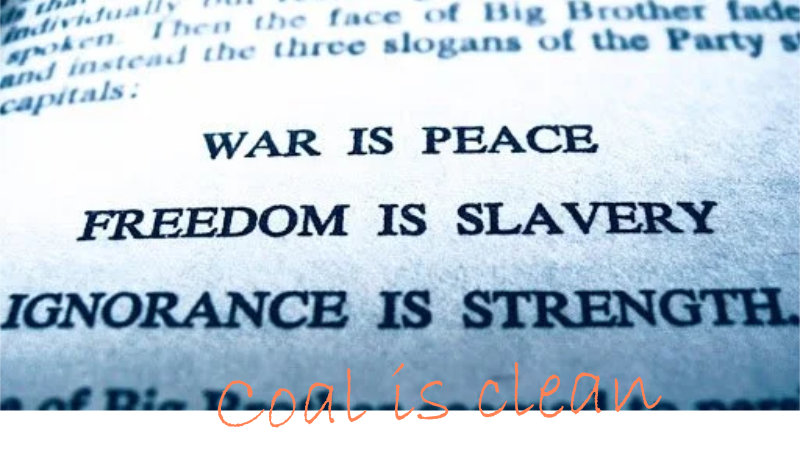The International Court of Justice handed down a significant climate action advisory opinion at the behest of the UN last month. Rex Patrick looks at Australia’s response.
So far, Australia’s approach to the ICJ’s climate advisory has been to try having its carbon cake and eating it too.
Along with 130 other countries, the Australian Government co-sponsored Vanuatu’s United Nations General Assembly (UNGA) resolution requesting an advisory opinion on nation-states’ climate action obligations. It then proceeded to argue against generalised obligations and against the proposition of generalised legal consequences.
The questions before the International Court of Justice (ICJ) were significant.
“What are the obligations of States under international law to ensure the protection of the climate system and other parts of the environment from anthropogenic emissions of greenhouse gases for States and for present and future generations?”
And
“What are the legal consequences under these obligations for States where they, by their acts and omissions, have caused significant harm to the climate system and other parts of the environment, with respect to [in particular, small island developing States and peoples and individuals of the present and future generations affected by the adverse effects of climate change].”
The ICJ advice
In the ICJ’s 23 July 2025 advisory opinion, the following was stated in relation to obligations:
“Taking into account the adverse effects of climate change on the enjoyment of human rights, the Court considers that the full enjoyment of human rights cannot be ensured without the protection of the climate system and other parts of the environment. In order to guarantee the effective enjoyment of human rights,”
States must take measures to protect the climate system and other parts of the environment. …
“… States must therefore take their obligations under international human rights law into account when implementing their obligations under the climate change treaties and other relevant environmental treaties and under customary international law, just as they must take their obligations under the climate change treaties and other relevant environmental treaties and under customary international law into account when implementing their human rights obligations.”
The following was stated in respect of legal consequences:
“As a general observation, the Court notes that breaches of States’ obligations [in respect of anthropogenic emissions of greenhouse gases] may give rise to the entire panoply of legal consequences provided for under the law of State responsibility. These include obligations of cessation and non-repetition, which are consequences that apply irrespective of the existence of harm, as well as”
the consequences requiring full reparation, including restitution, compensation and/or satisfaction.
Australia’s response
A new FOI release shows the government considered the advisory opinion to be “an important contribution” in clarifying the obligations of states to respond to the climate emergency.
The Climate Change Minister’s question time brief acknowledges the “unprecedented degree of participation by states in the ICJ proceedings”
It also revealed that “Australia is carefully considering the ICJ’s opinion”.
The brief advises Minister Chris Bowen to deflect any questions as to whether Australia agrees with the ICJ’s conclusions, suggesting he answer “Australia respects the role and independence of the International Court of Justice in upholding international law”.
If the minister is asked if Australia will support a UNGA resolution to endorse the ICJ advisory opinion, the brief suggests he responds by saying “Australia has been listening to our region and looks forward to discussing the appropriate next steps with our Pacific partners following the advisory opinion, including consideration of any UNGA resolution on the ICJ advisory opinion.”
George Orwell would have been proud to use such words in “1984”.
 Loading...
Loading...
We have put a marker in the diary to make a future FOI request to find out what the results of the government’s ‘careful consideration’ of the ICJ advisory opinion are.
But for now, we’ll leave the Government alone to approve more coal mining and gas extraction, as they do.
More gas. Labor amps it up past twenty fossil fuel approvals
Rex Patrick is a former Senator for South Australia and, earlier, a submariner in the armed forces. Best known as an anti-corruption and transparency crusader, Rex is also known as the "Transparency Warrior."

